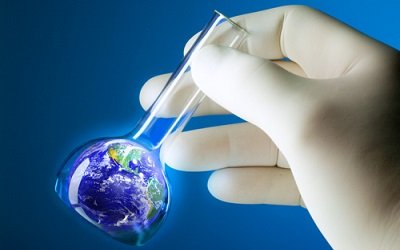Inside BENEO’s new pulse plant: pioneering sustainable protein from faba beans
Recent work by a team from Oklahoma University in the US and by some other scientists in different parts of the world, who are doing research on human microbiomes, is probably a good lesson as to why and how we should look at our past and tie it to the present for moving forward.
The Oklahoma research team wishes to look into the past to study ancient human microbiome since it has far reaching implications for understanding recent changes in human health and nutrition. For instance, which good bacteria might have been lost as a result of abundant use of antibiotics and aseptic practices.
The team analysed microbiome data from ancient human fecal samples, each more than 1,000 years old. It also provided a new analysis of published data from two samples that reflect rare and extraordinary preservation: Otzi the Iceman and a soldier frozen for 93 years on a glacier.
Over time, microbiome has generated interest among the research community in view of the relationship between microbes and human health. A growing number of research initiatives are focused around that relationship. It is known now that microbiome plays major role in keeping people healthy, and making them sick too.
But knowledge about diversity, variation and evolution of modern microbiome, both today and in the past, is very little, according to the Oklahoma research team. They feel it is essential to find out how each pivotal moment in history changed our relationship with microbes.
According to Rob Knight, biologist and co-founder of the American Gut Project, a great deal of research in the area is about pattern discovery as scientists are finding relationship between microbes and all kinds of conditions which were unknown. Knight feels possibility of discovering patterns and turning them into things that actually affect and benefit people’s lives is tremendous.
Human microbiome consists of about 100 trillion microbial cells outnumbering human cells by about 10 to one. In recent years, medical researchers have been investigating how to harness the microbiome to attack diseases. Analysing the bacteria that lives in our bodies, the scientists identified genes for making over 3,000 previously unknown molecules that may prove to be useful drugs.
Earlier it was thought that influence of microbiome on hosts was limited. But, recent research shows that their influence extends beyond aiding digestion and producing bodily odours. They aid brain development and defence against infection.
A research article “Rapid changes in the gut microbiome during human evolution” published in Proceedings of the National Academy of Science, USA, also talks about microbiome and human evolution. It states that changes in the composition of the microbiome accrued steadily as African apes diversified. The results suggest that the human microbiome has undergone substantial transformation since the human-chimpanzee split.
As felt by many scientists more and more research on human microbiomes, particularly its evolution since ancient time, may throw light on relations between human being and diseases and help find answers to many related problems.

